
At this year’s IMF/World Bank Spring Meetings, Jamaica’s Minister of Finance Dr Nigel Clarke was lauded for his stewardship of the country’s finances and for how he has managed to reduce its debt mountain.
Long hailed as an astute finance minister, his credibility on the international stage continues to rise.
Dr Clarke succeeded Audley Shaw as Minister of Finance in March 2018. He is not a career politician having served as the Musson Group’s Vice Chairman, holding many C-suite positions there over 15 years. This gives him a vantage point that many do not possess- a working background in business and finance.
Normally in Jamaica, a politician becomes a Minister of Finance without cutting their teeth in the private sector but Dr. Clarke came to top tier politics as a businessman entering that arena.
Two years into the position, he faced the sternest test of his abilities with the COVID pandemic which in effect shuttered the economy.
“Despite the adverse outcomes S&P in their analysis expects the country to return to fiscal surpluses in the short-term due to the Government’s demonstrated commitment to prudent fiscal policy management. Surpluses over the previous years supported the build-up of fiscal buffers which aided the funding of the Government’s COVID-19 economic and social response through the COVID-19 Allocation of Resources for Employees programme to persons and businesses affected by the pandemic as well as financing the health response”.
Standard& Poor’s (S&P)
Someone with less resolve and aptitude would have buckled with revenues projected to decline by J$87 billion and COVID expenses in the first year placed at $40 billion spelling a $120 billion hit to the Jamaican economy.
However, with good husbandry Jamaica was able to start that year with a $90 billion cash balance.
Looking back, it must be said that Jamaica fared better than many and Dr Clarke has to take the credit for much of that.
At the end of 2020, rating agency Standard& Poor’s (S&P) affirmed Jamaica’s B+ rating noting the fiscal buffers put in place.
Assessing Jamaica back then, S&P wrote: “Despite the adverse outcomes S&P in their analysis expects the country to return to fiscal surpluses in the short-term due to the Government’s demonstrated commitment to prudent fiscal policy management. Surpluses over the previous years supported the build-up of fiscal buffers which aided the funding of the Government’s COVID-19 economic and social response through the COVID-19 Allocation of Resources for Employees programme to persons and businesses affected by the pandemic as well as financing the health response”.
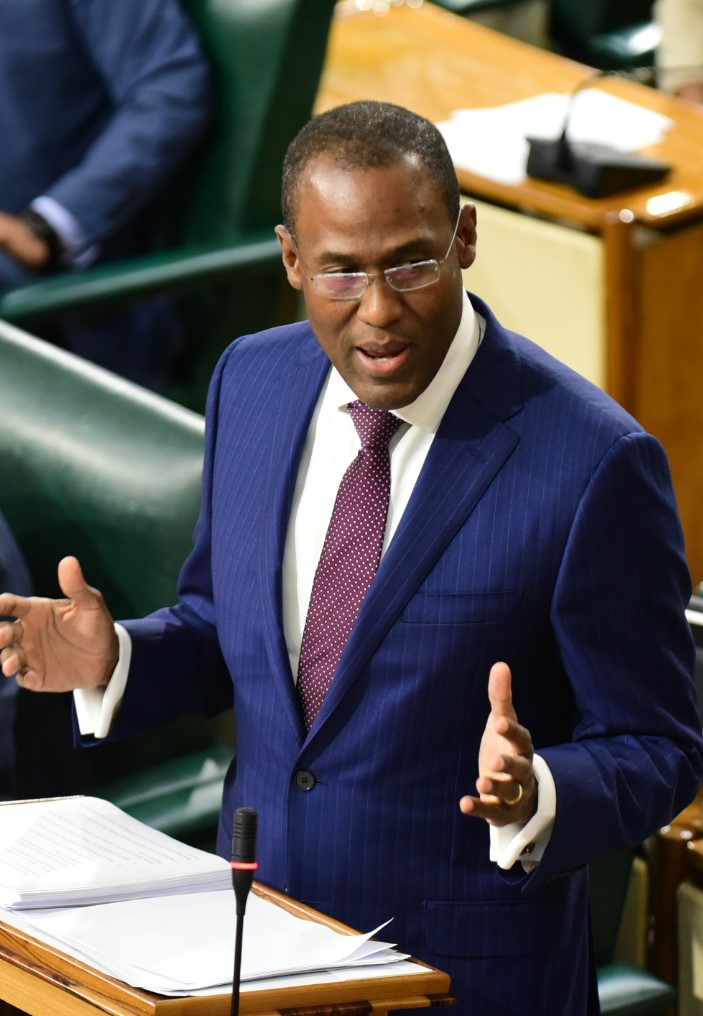
As the COVID-19 pandemic rolled into 2021 after the Government returned after strengthening its majority, it was clear that this was the greatest crisis facing the world, indeed the Jamaican economy for many decades where uncertainties abound. Jamaica would need an astute Minister of Finance, one not likely to go all wobbly at this crucial time, a time when the economy was expected to contract by 12 per cent for the fiscal year. To put this in context, the worse fall in the economy came during the oil crisis of 1975 when the Jamaican economy declined by 6.5 per cent.
If one recalls, Jamaica’s main earner tourism fell off by 70 per cent.
Of note that year, the current account deficit was at only 1.7 per cent of GDP. The wheels did not fall off the bus.
What Dr Clarke presided over was the accumulation of significant cash reserves allowing him to prepay debt to the amount of 4 per cent of GDP, thus reducing the debt ratio. Thank God for the money tucked away in the Contingencies Fund. – that rainy day was a deluge that threatened to wash away the country.
In the preceding years, Jamaica was able to reduce its debt to GDP to around 94 per cent but with COVID, due to the contraction, that went up to 110 per cent.

Despite this worrying situation, Clarke laid the groundwork for macro-economic stability. The US$500 million from the IMF’s Rapid Fund Facility provided a much-needed buffer- if called upon.
Requiring revenue but cognizant of the social impact on Jamaicans, Dr Clarke opted to forgo new taxes on Jamaicans.
He always had his eye on spurring growth even during the pandemic and with a reduced budget of just $830 billion.
The fact is Dr Clarke not only had to contend with an economic crisis but a health crisis-a double whammy.
With Jamaica’s total debt standing at around US$14.5 billion, the foreign currency component of that (60 per cent) was always likely to take some time to deal with.
Today, Nigel Clarke still has a full head of black hair which hasn’t turned to grey.
Detractors have maintained that surpluses should have been used to provided stimulus and fund social programmes but Clarke counters that you need money put away for a rainy day. Like a chess player, he has anticipated moves and remains plays ahead.
Still calls remained for him to reduce the primary surplus.
Last year saw the war in Ukraine result in elevated inflation the world over. In an effort to counter this, central banks have raised their primary rate. This has seen Dr Clarke having to operate in both a high inflation and high interest rate regime-yet another tough assignment.
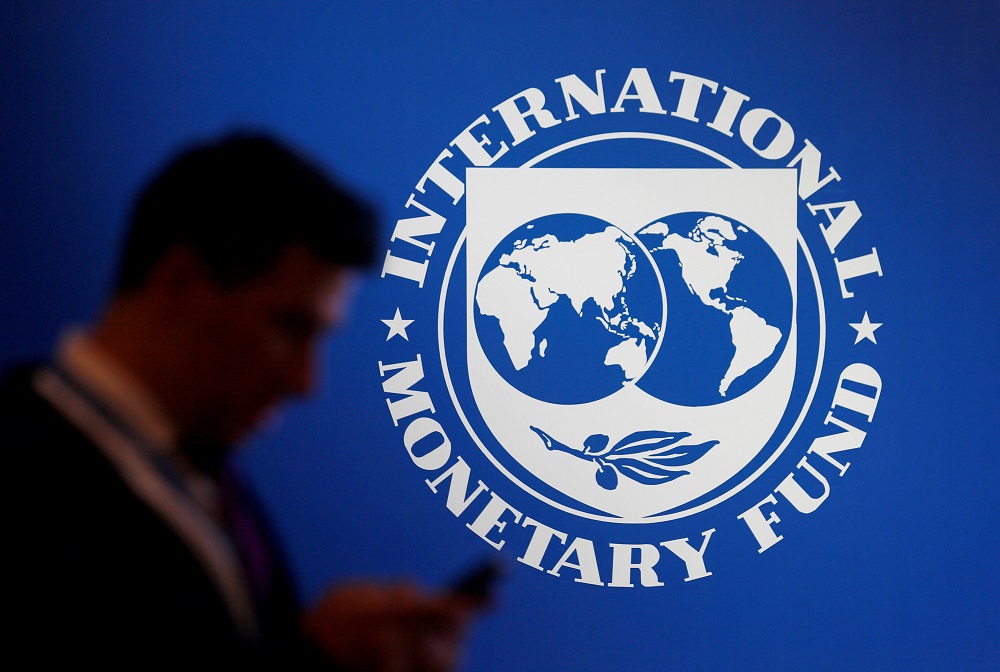
With capital markets now lending at higher rates and with major natural disasters probably due, Dr Clarke quickly turned to the IMF to nail down a cheaper US$1.76 billion facility via a Precautionary Liquidity Line (PLL) and the Resilience and Sustainability Facility (RSF).
He had built up enough credibility with the multi-lateral agency to secure this funding allowing him to create fiscal space.
Therefore if Jamaica should be hit by an earthquake, severe hurricane, or floods there will be funds in place.
Some bemoaned that this was a back to the future move but what they perhaps missed was that this sees Jamaica paying $35 million per year over 20 years less in interest.
Not bad and a case of Dr Clarke getting it right again.
The number of instances of fraud at local financial institutions at the start of this year was particularly concerning for both the country’s local and international reputation. It could lead to capital flight. The Minister of Finance had to move quickly and that he did.
The Governor of the Bank of Jamaica Richard Byles has an impeccable reputation, and he was installed to preside over both deposit and non-deposit intuitions employing a twin peeks regulatory methodology. This is a seismic occurrence for Jamaica’s financial sector coming on the heels of Dr Clarke ushering in an independent central bank in 2020.
What is clear is that Dr Clarke has seen to it that Jamaica has resources in place to deal with on -coming crises while being in good stead with creditors. “ The events dear boy can’t be predicted” but you don’t want to be caught with your trousers around your ankles.
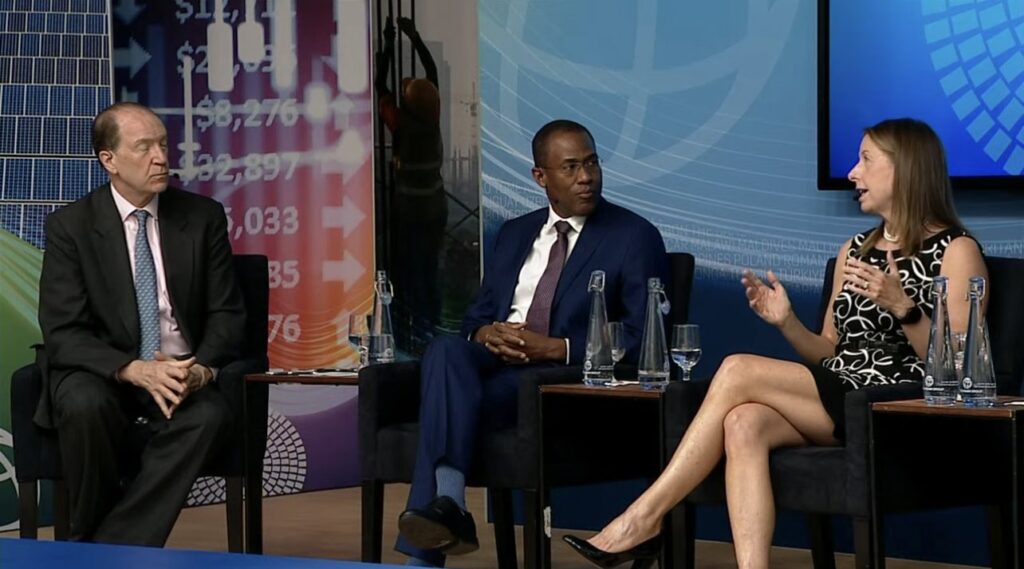
Dr Clarke has seen to it that Jamaica is wearing a sturdy belt thus allowing those trousers to remain in place employing principled decision making.
Let’s be clear; it is a remarkable achievement that Jamaica has got its debt to GDP down from 147 per cent to 94 over a seven year period. With a temporary and targeted approach, Jamaica is the poster child for debt reduction and cannot de deemed a basket case in that regard. In fact, it did a lot better than many countries during these turbulent times.
So what do we have today?
1. Fiscal credibility
2. Financial stability
3. The third consecutive year of a no new taxes budget package
4. Return to pre-Covid levels of economic output
5. An unemployment rate of less than 7 per cent (lower than it was before the pandemic)
6. Debt to GDP lower than it was prior to the pandemic.


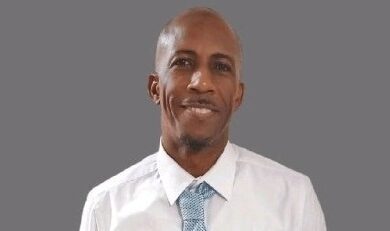
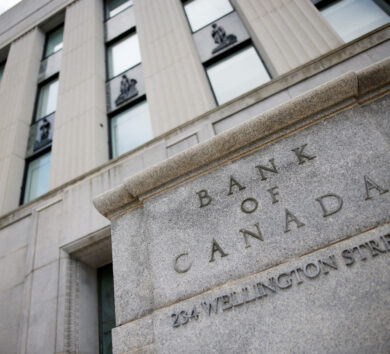
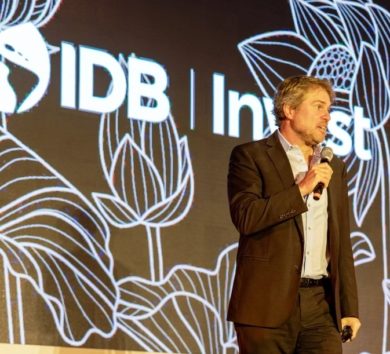
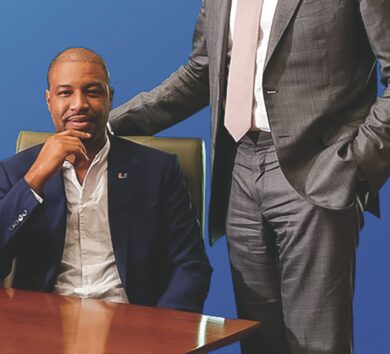
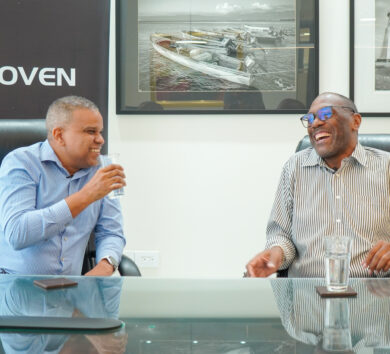
Comments